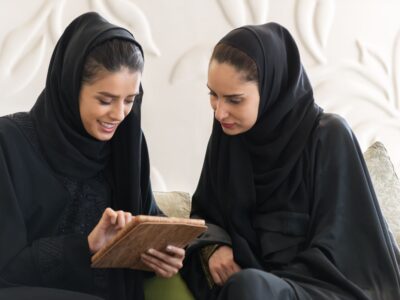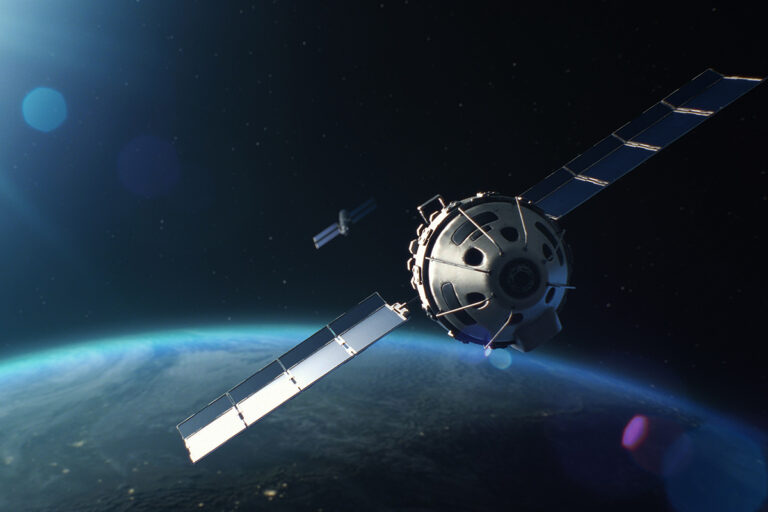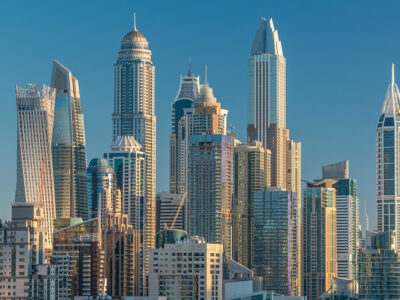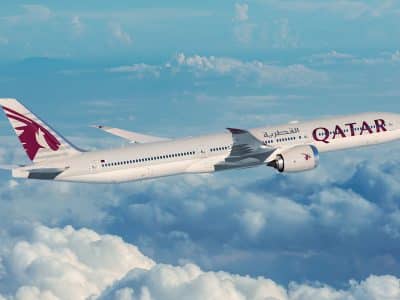If Europe wants to stand on its own two feet, it must look up – literally. Space, once associated only with exploration – or, more cynically – national vanity projects, has become crucial to the economic health, security, and soft power of any government, national or regional.
That’s one reason why Josef Aschbacher, head of the European Space Agency, has called for more investment in the sector. Europe, he argues, cannot afford to lag behind. The ambition to be ‘strategically autonomous’ and shape its own future depends on catching up in an area where other powers, the U.S. and China most notably, are pulling ahead.
Space technology, it’s crucial to note, is not just about satellites and rockets even though culturally, that’s often what comes to mind when people think about it. This perception has been strengthened by Elon Musk’s SpaceX, which communicates aggressively around its many launches.
Space in fact touches everything from military equipment and weapons to communications infrastructure to environmental monitoring and supply chain efficiency. A recent study published by the World Economic Forum and McKinsey underscored how ‘space-based technologies are revolutionising the supply chain, transportation, and mobility sectors, positioning them as the fastest-growing segment of the global space economy.’ In these areas, Europe has some of the world’s best engineers. But it consistently fails to support the companies where they work with meaningful investment.
Compare this situation with that of the Middle East. The Gulf region has become a surprising contender in the new space race. The UAE and Saudi Arabia, once absent from this arena, are now outspending many of their Western counterparts and making rapid progress.
In just over a decade, they have poured $25 billion into the field, and that is expected to grow to $75 billion by 2032. First, national security remains essential. Secondly, they need to plan for the post-oil era. The Gulf economies rely heavily on oil, and they will be in deep trouble if they do not diversify their economies. Thirdly, they need to prepare the labour market for the twin challenges of automation and climate change. They are also closely aligned with strategic initiatives: AI, autonomous systems.
Space covers all of these. It promises robust security, long-time prosperity, and future-proof jobs, as well as national prestige and the tools to adapt to an uncertain world. But the Middle East and Europe need not see themselves as rivals. The Gulf states are actively looking for partners; they want to develop their space infrastructure further. They are becoming global hubs of innovation. And Europe, with its highly skilled, highly educated workforce and depth in advanced technology, should be an obvious ally in this undertaking. A paradigm shift is underway: those countries that fail to see how much more the Middle East is than a source of capital will fall far behind.
Europe would benefit from the support. It has many promising space companies developing world-beating dual-use technologies. With more funding and backing, they could scale rapidly: ICEYE, one of Europe’s most exciting space companies, has benefitted hugely from its presence in the Gulf. Growing fast would stop lesser companies in other nations from appearing, gaining more funding, and out-scaling them.
In the United States, small, innovative companies have long been seen as the key to remaining at the forefront of innovation, and those companies receive generous funding for that reason. In Europe, procurement processes badly need rethinking, and there is still some hesitation around investing in defence, which often overlaps with space.
There was a time when the Middle East was viewed (wrongly, even then) as a source of oil money and little else. That has changed: it is now widely viewed as a genuine industrial power, as well as a large and growing market and a vital bridge and trading point between East and West. If Europe were to collaborate with the United Arab Emirates, it could get much more than funding.
The Gulf is vast, with open landscapes and a climate perfectly suited for the testing of advanced, satellite-based tech. Europe is densely packed and its regulations are stringent. The Gulf, for its part, would gain European know-how, which would accelerate its development in space. Jobs, knowledge transfer and commercial opportunities would also follow. So a strong Europe–Middle East alliance in space would serve both sides: creating economic opportunities, reducing dependency on unpredictable allies, and developing infrastructure that will define the next century. It’s a win-win.
The Middle East is ready and waiting. It has shown that it’s looking ahead to the future, and it is eager to join hands with countries and regions for mutual advantage: the slew of multibillion-dollar U.S. tech deals struck by Saudi Arabia, the United Arab Emirates and Qatar shows that. Europe, which for a long time has relied on others, and has been able to invest in its social infrastructure due to the promise of U.S. military support, badly needs to work with other countries to ensure its security and the quality of life of its citizens. It should act now. The clock is ticking.









